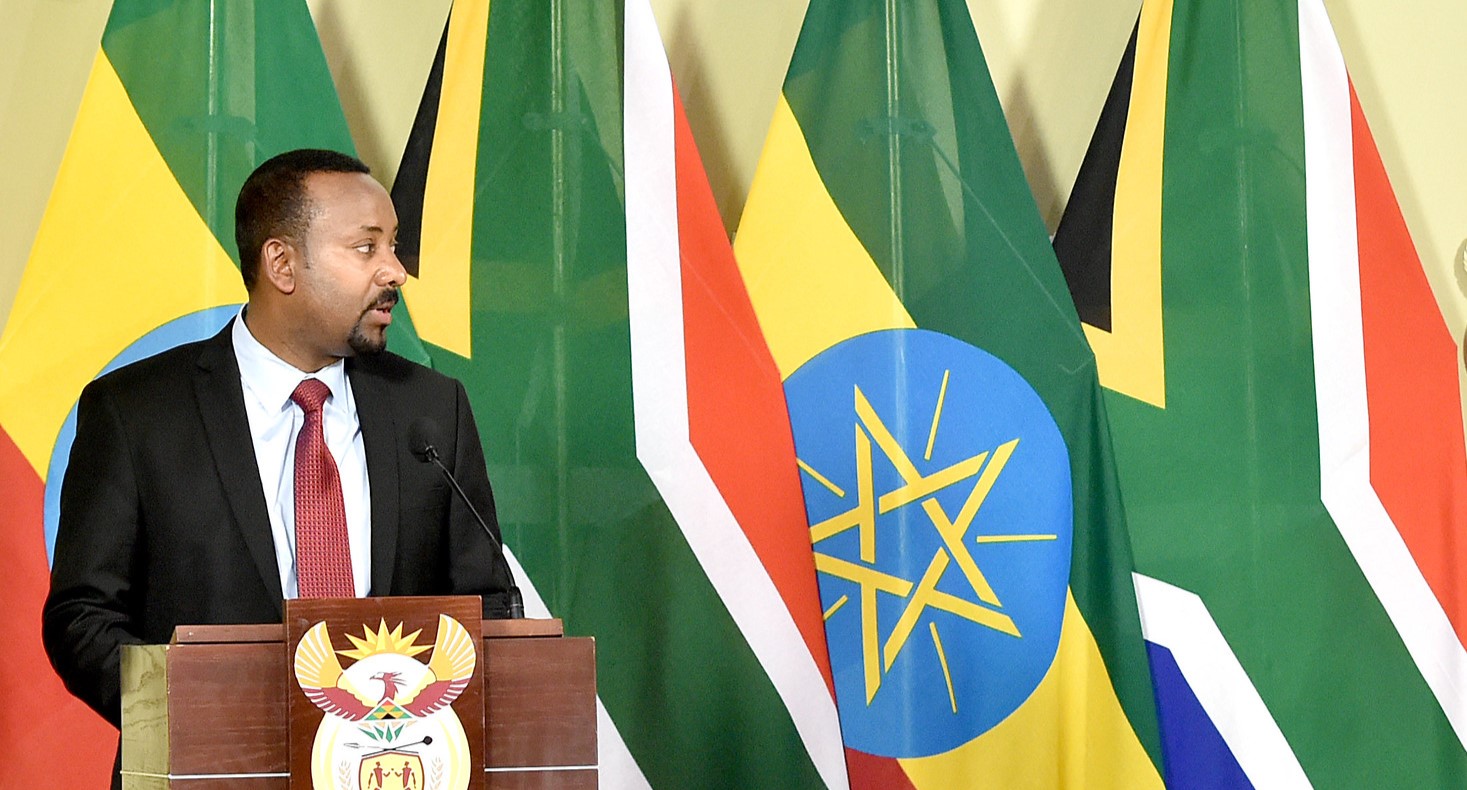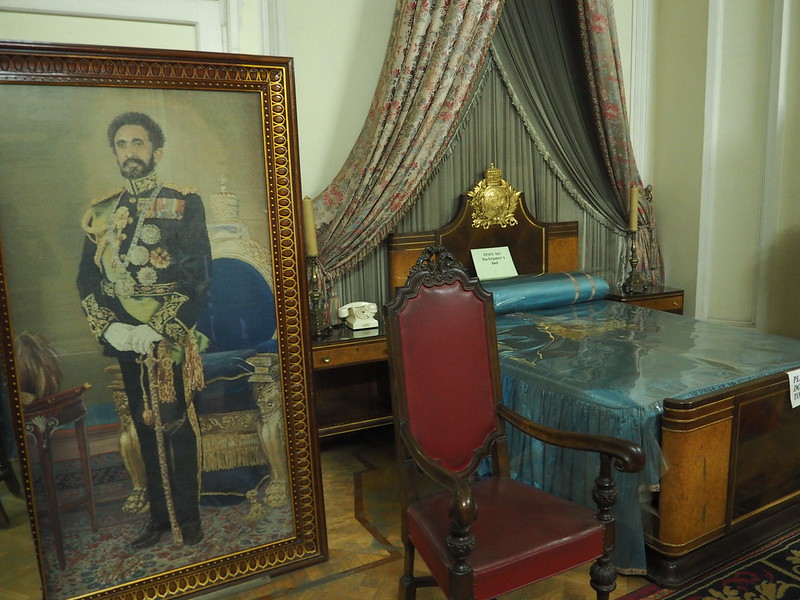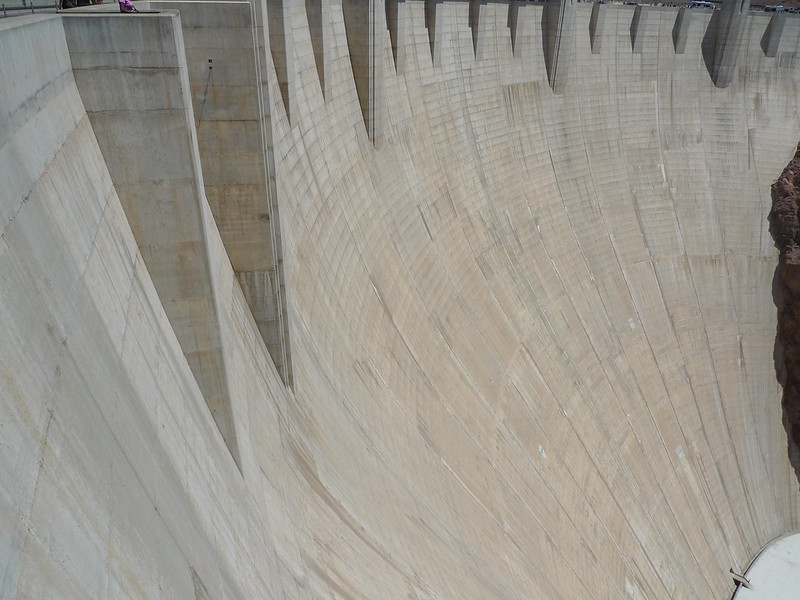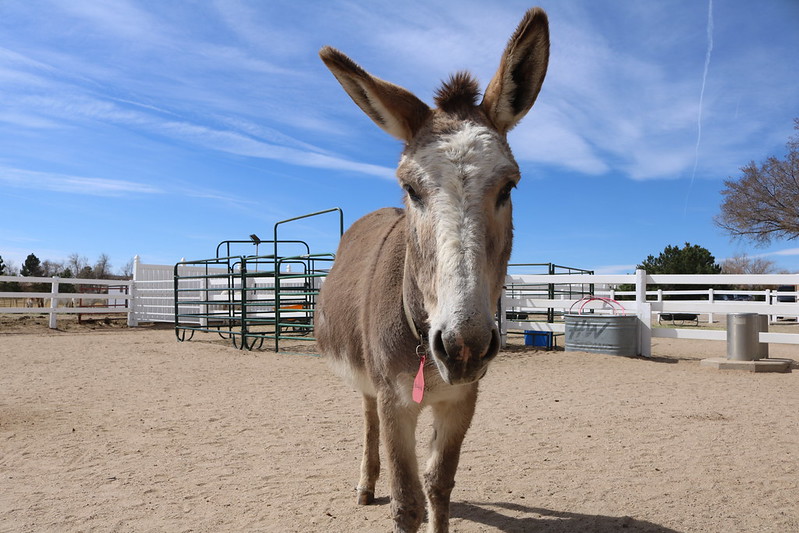Frustration-aggression theory can shine a light on the analysis of insecurity, military intervention, and failures of that intervention in bringing security to Ethiopia’s Amhara National Regional State, writes Agenagn Kebede.
The Frustration-Aggression theory set out by was proposed by John Dollard, Neal Miller, Leonard Doob, Orval Mowrer, and Robert Sears in 1939 states that aggression is the result of frustration and is used to explain revolutions and violence. When societies are marginalised, oppressed, and targeted for attack, they can express their frustration through aggression and violence.
This expands the potential for conflict and creates barriers for the government, security agencies, and armed forces to overcome in order to reestablish security. This is especially true when the military is perceived as having a dictatorial affiliation with the government and has lost the confidence of the public.
Amhara ethnic group have grievances and resentment against both the federal and regional governments. Grievances and resentment have been fuelled by the federal government’s intention to dismantle Amhara’s militia, as well as by marginalisation, political repression, economic deprivation, ethnic discrimination, and genocide against the Amhara ethnic groups.
Grievance contributes to frustration. The government’s incapacity to defend Amhara from ongoing attacks has enraged Amhara ethnic groups. As a result of these frustrations, the Amhara have given up on governmental protection and instead expressed aggression and violence towards the government and its institutions in response to the government’s weakness in protecting them.
Since 2023, the home of the major Amhara ethnic group, Amhara National Regional State, has become a conflict zone in Ethiopia. The Amhara have manifested their complaints against the government and its institutions via aggression, violence, and conflict.
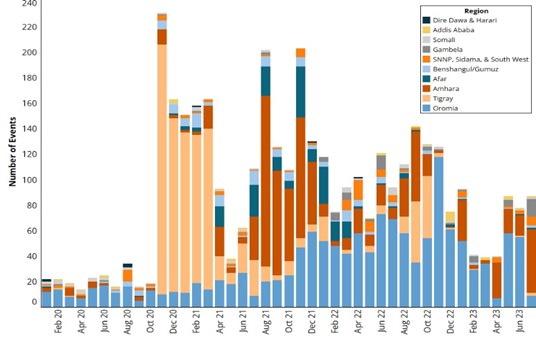
The violence and conflict had been escalating and could not be controlled by regional security sectors and regional forces. Consequently, the Ethiopian government, which is obligated to safeguard Ethiopia’s sovereignty, territorial integrity, and security has intervened in Amhara National Regional State. It has undertaken military operations within its own territory to try and restore peace and security.
The federal military has not been welcomed since the Amhara view it as a government-affiliated institution that only represent the government’s interests. They regard the FDRE Defence Force as the guardian of the totalitarian regime rather than the defender of fundamental rights. The Amhara ethnic community has become resentful toward the force, expressing their frustration through aggression and violence. This makes the military’s restoration of security difficult and encourages framers to fight against it and for young people to join the Amhara freedom fighters (Fano).
The military intervention has not been welcomed by Amhara ethnic groups, and its interventions have caused escalating aggression, conflict, and violence in the community.
Ways out
Violence and conflict have gotten worse in Amhara National Regional State after the FDRE military intervention. Things have spiralled out of control. In Ethiopia, the epicentre of disorder and violence has become the Amhara Regional State, despite it being the political and economic base for the federal government.
The violence has led to the collapse of civil institutions and damage to infrastructure. Fano and guerrilla fighters have targeted federal government institutions and the highest officials of the government. The FDRE military force has paid unnecessary costs. It is neither bringing security nor freezing Fano’s war. Innocent people have been murdered and women have been subjected to sexual assault.
The federal government of Ethiopia needs to withdraw its military force from the Amhara National Regional State and allow an alternative path of conflict resolution. From the frustration-aggression point of view, rather than focusing on military operations as a sole way of bringing peace, the Ethiopian government needs to address the root causes of frustration in Amhara society, such as the grievances over resources and rights.
The underlying conflict within the Amhara ethnic group must be addressed by the government. The 1995 FDRE constitution was initially the main cause of resentment and hostility among the Amhara ethnic group because they were not represented in the drafting process. It is time to amend the constitution and reorganise the government institutions so that Amhara’s rights and representation are safeguarded and that the ethnic cleansing, killing, and marginalisation of Amhara are completely put to an end.
Criminals who have participated in genocide and ethnic cleansing in Amhara must be brought to justice. And the Amhara must be compensated both politically and economically for their pain. Only then can there be long-term sustainable security in Amhara National Regional State and in Ethiopia.
Photo credit: Wikicommons


